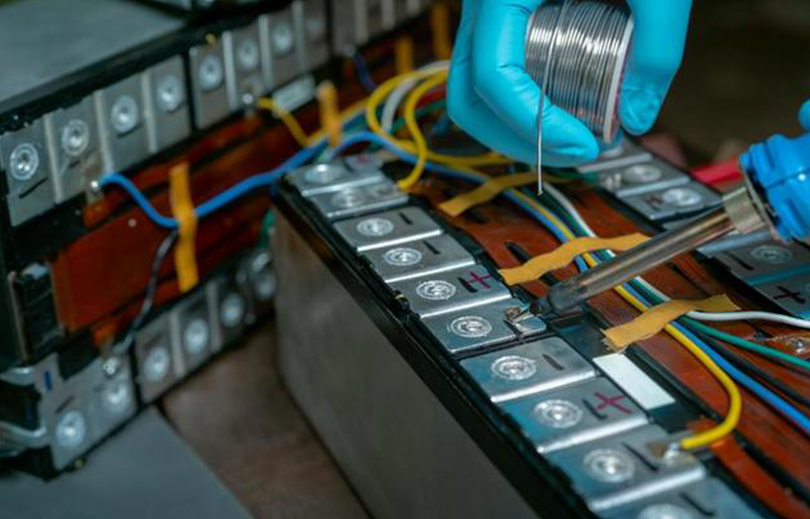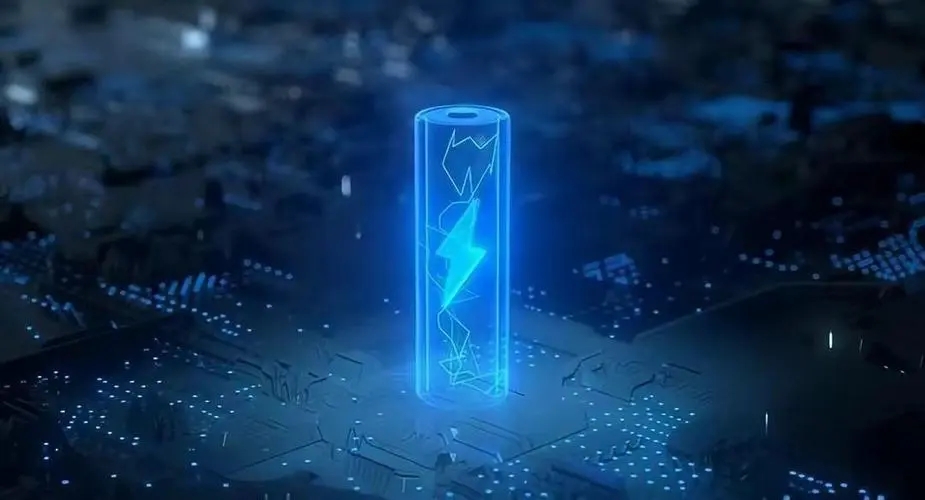Energy Storage Power Stations Utilizing Lithium Batteries
Energy storage is becoming increasingly important as renewable energy sources, such as solar and wind, continue to gain popularity. One of the most promising technologies in this field is the use of lithium batteries in energy storage power stations. In this article, we will explore the advantages and challenges of utilizing lithium batteries for energy storage and how they can contribute to a more sustainable energy future.
Lithium batteries have gained significant attention due to their high energy density and long cycle life. These batteries use lithium ions to store and release electrical energy, making them ideal for energy storage applications. Compared to other battery technologies, such as lead-acid batteries, lithium batteries offer higher energy density, faster charging and discharging rates, and lower self-discharge rates.
The use of lithium batteries in energy storage power stations has several advantages. Firstly, these batteries can store a large amount of energy in a relatively small space. This is crucial for power stations as they often need to store a significant amount of energy to meet the demand during peak hours or when renewable energy sources are not available. The high energy density of lithium batteries allows power stations to have a smaller footprint, reducing the overall cost and environmental impact.
Secondly, lithium batteries have a longer cycle life compared to other battery technologies. This means they can be charged and discharged many times without significant degradation. This is important for energy storage power stations as they need to be able to provide a reliable and consistent energy supply over an extended period. The long cycle life of lithium batteries makes them a cost-effective solution for energy storage, as they require less frequent replacement.
Furthermore, lithium batteries have a high efficiency in converting stored energy back into electricity. This means that a smaller amount of energy is lost during the charging and discharging process, making lithium batteries more efficient compared to other battery technologies. The higher efficiency of lithium batteries contributes to reducing energy waste and maximizing the utilization of stored energy.
Despite their numerous advantages, there are also challenges associated with the use of lithium batteries in energy storage power stations. One of the main challenges is the high cost of lithium batteries. While the cost of lithium batteries has been decreasing in recent years, it is still relatively high compared to other battery technologies. However, as the demand for lithium batteries continues to grow, it is expected that economies of scale and advancements in technology will drive down the cost of these batteries, making them more affordable for energy storage applications.

Another challenge is the limited availability of lithium resources. The majority of lithium reserves are located in a few countries, which raises concerns about resource accessibility and geopolitical issues. However, ongoing research and development efforts are focused on finding alternative sources of lithium and improving battery recycling technologies to ensure a sustainable and secure supply of lithium for energy storage.
In conclusion, the utilization of lithium batteries in energy storage power stations holds great promise for the future of renewable energy. With their high energy density, long cycle life, and efficiency, lithium batteries can help power stations store and release energy more effectively. While there are challenges to overcome, ongoing advancements in technology and a growing demand for energy storage are expected to drive further innovation and cost reductions in lithium battery technology. As we strive for a more sustainable energy future, the role of lithium batteries in energy storage cannot be underestimated.
-
 As an important branch of lithium-ion battery, lithium iron phosphate battery has occupied a place in the new energy field with its unique safety and stability. However, with the rapid development of new energy technologies and the intensification of market competition, we can't help but ask: Is lithium iron phosphate battery really a reliable choice in the new energy field?...Read more
As an important branch of lithium-ion battery, lithium iron phosphate battery has occupied a place in the new energy field with its unique safety and stability. However, with the rapid development of new energy technologies and the intensification of market competition, we can't help but ask: Is lithium iron phosphate battery really a reliable choice in the new energy field?...Read more -
 High-Capacity 12V 100Ah Lithium Battery manufacture: Efficient and Long-Lasting Power for Your NeedsIn today's fast-paced world, reliable and long-lasting power sources are essential for various applications, ranging from portable electronics to renewable energy systems. The high-capacity 12V 100Ah lithium battery is a cutting-edge solution that offers efficient and long-lasting power for a wide range of needs. With advancements in technology, lithium batteries have become increasingly popular due to their superior performance...Read more
High-Capacity 12V 100Ah Lithium Battery manufacture: Efficient and Long-Lasting Power for Your NeedsIn today's fast-paced world, reliable and long-lasting power sources are essential for various applications, ranging from portable electronics to renewable energy systems. The high-capacity 12V 100Ah lithium battery is a cutting-edge solution that offers efficient and long-lasting power for a wide range of needs. With advancements in technology, lithium batteries have become increasingly popular due to their superior performance...Read more -
 Introduction: In recent years, the global demand for clean and sustainable energy has been on the rise. As we move towards a greener future, the need for efficient energy storage solutions has become increasingly important. One such solution that has gained significant attention is the use of lithium batteries in energy storage power stations. This article aims to explore the...Read more
Introduction: In recent years, the global demand for clean and sustainable energy has been on the rise. As we move towards a greener future, the need for efficient energy storage solutions has become increasingly important. One such solution that has gained significant attention is the use of lithium batteries in energy storage power stations. This article aims to explore the...Read more -
 A 12V LiFePO4 battery is a reliable power source for your devices that offers numerous benefits over other types of batteries. LiFePO4 batteries are a type of lithium-ion battery that uses a lithium iron phosphate cathode material. This technology provides a number of advantages, including higher energy density, lighter weight, longer cycle life, and improved safety compared to other types...Read more
A 12V LiFePO4 battery is a reliable power source for your devices that offers numerous benefits over other types of batteries. LiFePO4 batteries are a type of lithium-ion battery that uses a lithium iron phosphate cathode material. This technology provides a number of advantages, including higher energy density, lighter weight, longer cycle life, and improved safety compared to other types...Read more -
 In recent years, there has been a significant advancement in the field of robotics, with intelligent mobile robots becoming increasingly prevalent in various industries. One crucial factor that has contributed to their development is the use of advanced lithium batteries. These batteries have revolutionized the way these robots operate, providing them with longer-lasting power and enhanced efficiency. Lithium batteries...Read more
In recent years, there has been a significant advancement in the field of robotics, with intelligent mobile robots becoming increasingly prevalent in various industries. One crucial factor that has contributed to their development is the use of advanced lithium batteries. These batteries have revolutionized the way these robots operate, providing them with longer-lasting power and enhanced efficiency. Lithium batteries...Read more -
 The need for reliable and long-lasting power sources is becoming increasingly important in today's world. Whether it is for home use, commercial applications, or industrial settings, having a dependable power source is crucial. The 48V Lithium Iron Phosphate battery is one such power source that is gaining popularity due to its exceptional performance and longevity. What is a 48V...Read more
The need for reliable and long-lasting power sources is becoming increasingly important in today's world. Whether it is for home use, commercial applications, or industrial settings, having a dependable power source is crucial. The 48V Lithium Iron Phosphate battery is one such power source that is gaining popularity due to its exceptional performance and longevity. What is a 48V...Read more -
 Introduction: Smart grids have emerged as a promising solution for the efficient management and utilization of electricity. These advanced electricity networks integrate various technologies to enable the bidirectional flow of energy and information between power utilities and consumers. One of the key enablers of smart grids is lithium battery technology. This article explores the role of lithium batteries in empowering...Read more
Introduction: Smart grids have emerged as a promising solution for the efficient management and utilization of electricity. These advanced electricity networks integrate various technologies to enable the bidirectional flow of energy and information between power utilities and consumers. One of the key enablers of smart grids is lithium battery technology. This article explores the role of lithium batteries in empowering...Read more

